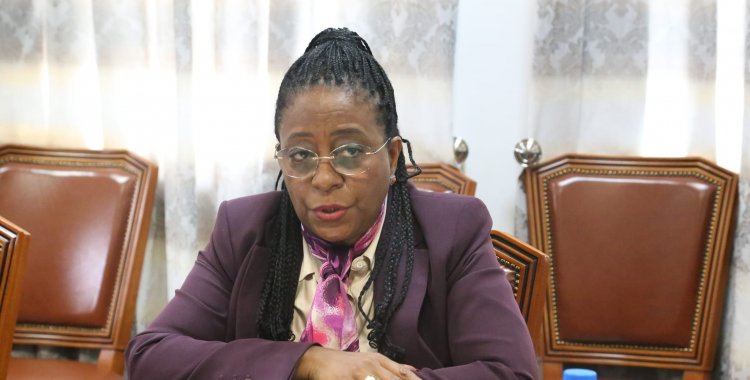The minister, speaking in an interview in the 'Grande Entrevista' space of the Public Television of Angola (TPA), also said that 100 million dollars will be allocated to "strengthen" the Higher Institutes of Educational Sciences (ISCED).
"We are going to have funding of at least 150 million, which could be up to 200 million to strengthen higher education and 100 million is to strengthen the ISCED's and then the ISCED of Huambo, Huíla, Uíge and the Escola Superior Pedagógica do Bengo will be rehabilitated and improved in terms of infrastructure and investment will also be made in training teachers and improving curricula, especially with regard to digital skills", said the minister, quoted by TPA.
On the occasion, the holder of the Higher Education, Science, Technology and Innovation portfolio also spoke of the weaknesses that still exist in the sector. "When we (...) started our functions in 2017, we had several educational institutions, in fact called educational institutions, without legal existence, they did not exist, and they had students, even some finalists, and the whole process that was done was in the sense of trying to legalize them, but they didn't have the conditions", she said.
"We found 148 illegal courses, the institutions were legally created, but creating an institution by a presidential decree does not give you the right to start the course, because you have to demonstrate that you have the conditions to teach. We had 148 illegal courses. First job we did, we were left with 44 courses that we could not legalize because they did not have the conditions, so we had to do more work, some were not even legalized", she added, in statements to TPA.
Thus, she explained that there will be a strengthening of the norms to certify establishments in the sector. "Let's start with the evaluation process, this external evaluation will have a final result, it may have four possible results", she said.
Thus, in the interview with TPA, she explained that the four possible outcomes could be "an institution being certified for five years", which "means that it is an institution that complies with quality parameters". "The opposite extreme", she advanced, is related to the fact that "the institution is not certified, because it does not comply" and here there are two solutions: "either it does not have conditions at all and has to close down or it may be that have a period there where you can make some corrections to see if it improves".
"Then there are two intermediate levels of conditional certification, depending on the score it can be seen that the institution needs two years to see if it manages to comply with the recommendations at the end of the two years and then it will be evaluated again or at the end of three years," she added, quoted by TPA.







